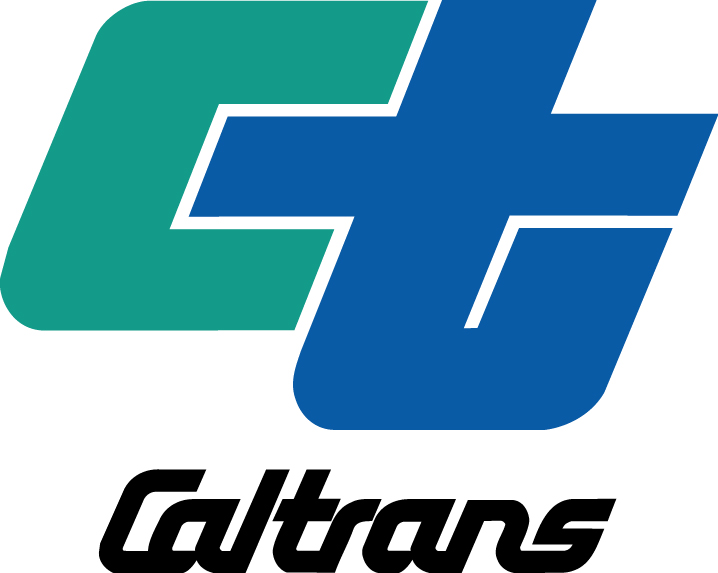Webinars
Stop the VideoWebinars

Identifying and Resolving Critical Collisions between Transportation and Ecosystems
Wed, October 30, 2019
12:00 PM PST
Speaker
Fraser Shilling: Co-Director, UC Davis Road Ecology Center
About this Event
Transportation systems cause negative changes in adjacent and distant ecosystems' characteristics and processes. These changes are usually not mitigated during construction, maintenance and "re-construction" of facilities. Impacts to endangered ecosystems and species are usually more noticeable and likely to trigger more effective mitigation. Dr. Shilling will discuss ways to identify these impacts and possible mitigation strategies.
Fraser Shilling, Ph.D. is Director of the Road Ecology at UC Davis and faculty in the graduate groups of Ecology and Transportation Technology & Policy. He is especially interested in pressing conservation and social problems that seem intractable.
To join the webinar:
Join Zoom Meeting
https://uscprice.zoom.us/j/791490896
Meeting ID: 791 490 896
One tap mobile
+16699006833,,791490896# US (San Jose)
+19294362866,,791490896# US (New York)
Automated Analysis of Wildlife-Vehicle Conflict Hotspots Using Carcass and Collision Data
Wed, February 13, 2019
10:00 AM – 11:30 AM PST
Speaker
Fraser Shilling: Co-Director, UC Davis Road Ecology Center
Special Guest Respondents
Nova Simpson: Biological Supervisor, Nevada Department of Transportation
Richard Bostwick: Biologist, Maine Department of Transportation
About this Event
Wildlife-vehicle conflict (WVC) refers to any interaction between wildlife and vehicles/traffic that can have negative impacts for drivers and/or wildlife. This includes animals fleeing from traffic noise/light, to drivers swerving around animals on the road surface, to vehicle collisions with animals. When drivers swerve because of animals on the road and crash, or when vehicles collide with larger animals, this can result in damage to the vehicle, and injury and sometimes death for drivers and passengers. Although there are always some aspects of WVC that are difficult to predict (e.g., when an animal might decide to cross a road), there is also some predictability to WVC that can be highlighted by studying past WVC events. Most states and countries use past WVC occurrences as a source of information for planning mitigation to improve driver safety and to protect animals.
For more information, please click here
METROFREIGHT
Webinar: Addressing Congestion and Delays Caused by Freight
May 23, 2017 10:00 AM - 11:30 AM
May 30, 2017 1:30 PM - 3:00 PM
Speakers
Jose Marquez-Chavez, Chief, Freight Planning Branch, Office of Freight Planning, Division of Transportation Planning, Caltrans
Genevieve Giuliano, Professor, Director of METRANS Transportation Center, University of Southern California
For more information, please click here
Caltrans Webinar Recording
CITT Network
Webinar Series:
* For full detail visit The Center for International Trade and Transportation

Nov 18
2015 I-NUF Talking Freight
Speaker: Sönke Behrends of Chalmers University of Technology
The Dualism of Urban Freight Distribution: City vs. Suburban Logistics
Speaker: Sanggyun Kang of University of Southern California
Unraveling Decentralization of Warehousing and Distribution Centers
Speaker: Quan Yuan of University of Southern California
Location of Warehouses and Environmental Justice
For more information, please click here.
May 20, June 3, and June 17, 2011
This free three-part webinar series was a follow-up on key questions raised during the October 6, 2010, CITT Point/ Counterpoint forum, 'Panama Canal Expansion: The Battle for Jobs and Cargo--Who Wins? Who Loses? Who Decides?'
May 20
How Shippers Choose Ports
Introduction by Dr. Thomas O'Brien, CSULB/ CITT
Speaker: Joey Carnes, MIQ Logistics
Key Questions: How much is there to lose? What is at risk? What do decision makers value?
Recording of May 20 taping
June 3
Is Southern California Competitive?
Speaker: Fran Inman, Majestic Realty Co. and California Trade Commission
Key Question: How have the Port of Los Angeles and Port of Long Beach addressed competition issues?
Recording of June 3 taping
June 17
Challenges Ahead
Speakers: John McLaurin, Pacific Merchant Shipping Association and Richard Steinke, Port of Long Beach
Key Questions: What are the issues and challenges to be addressed? What are the obstacles?
Conclusion by Dr. Thomas O'Brien, CSULB/CITT
Listen also to ContainerCast
Recording of June 17 taping
Moderator: Mat Kaplan, CSULB/CCPE
For more information:
Email [email protected] or call 562-985-2872


















